Is rental property a good investment? This question resonates with many looking to diversify their portfolios beyond traditional stocks and bonds. Real estate offers a unique blend of passive income, potential for capital appreciation, and security, making it a preferred choice for many investors. Whether you aim to supplement your income or build a robust portfolio, investment property can provide a steady revenue stream and serve as a solid financial anchor.
Throughout history, real estate investors have turned to rental properties as a foundation for wealth generation. The resilience of real estate during economic fluctuations often surpasses other investments, maintaining and even increasing in value over time. Decades of market trends have reinforced that properties in prime locations preserve their value and experience significant appreciation. This enduring value proposition continues to attract investors, making rental properties a sound investment for those seeking to secure a tangible asset that grows over time.
Understanding Rental Property Investment
Investing in rental properties involves more than just purchasing real estate; it’s about strategically acquiring assets that generate income. Rental properties are buildings or spaces that owners lease to tenants in exchange for regular payments. These properties fall into several categories:
- Residential: These properties are designed for people to live in, such as apartments, houses, and townhomes.
- Commercial: Commercial real estate such as office spaces, retail locations, and other properties used for business purposes.
- Short-term vs. Long-term Rentals: Short-term rentals are typically leased for brief periods, often through platforms like Airbnb, whereas long-term rentals are leased for longer durations, usually for six months or more.
Rental property investment ecosystem includes rental property owners who rent out their properties to earn income. Investors looking to enter or expand their portfolios assess properties for potential returns. Real estate agents help buyers and owners navigate the market and close deals. Property managers handle day-to-day operations and tenant relationships. Financial institutions offer rental property mortgages to help buyers purchase properties, and legal professionals ensure that all transactions comply with property laws and regulations.
Financial Considerations
Acquiring rental property often necessitates a significant amount of upfront capital. For individuals with adequate reserves, using personal funds is a viable choice, but the majority of investors depend on obtaining a mortgage to finance their rental property acquisitions. Investment property loans often carry different terms and rates compared to residential mortgages, reflecting the higher risk. Additionally, Real Estate Investment Trusts (REITs) offer a way to invest in real estate without directly buying property, providing an alternative for those looking to diversify their investment portfolios.
Operating Costs and Expenses
The cost of owning a rental property extends beyond the purchase price. Regular maintenance ensures the property remains attractive and functional for tenants. Property management can be handled personally or through hiring professionals, adding to operational costs. Furthermore, insurance and taxes, like property taxes and mortgage interest, are significant recurring expenses that affect the profitability of rental investments.
Potential Revenue Streams
Rental properties can generate multiple streams of income. The most direct is rental income, which should ideally cover all expenses and yield a profit. Property value appreciation over time can significantly increase returns, especially when combined with the benefits of capital gains tax advantages upon sale. Specific tax benefits from deductions related to depreciation, repairs, and mortgage interest can enhance the overall financial performance of the investment.
Market Analysis
Successful rental property investing relies on understanding market dynamics, including economic conditions and the importance of location. Analyzing economic indicators such as employment rates and GDP growth is essential for assessing potential returns in the housing market. Demographic trends also influence the demand for various housing types and affect investment strategies.
The choice of location is crucial in real estate investing. Urban areas, with their proximity to jobs and amenities, often see high rental demand, while suburban areas attract families with their larger spaces and schools. Rural properties, though less expensive, require careful consideration of demand. Identifying emerging markets can also lead to substantial returns as these regions develop and become more sought after.
Risk Management
Considering cash-flowing rental properties? Be prepared to navigate market fluctuations, tenant concerns, and property damage risks. Changes in the market can affect property values and annual rental income. Problems with tenants, like late payments or legal disputes, can disrupt cash flow and lead to unexpected costs. Also, unexpected damage to the property can result in high repair bills and financial difficulties.
Consider several strategies to manage these risks effectively when buying rental property. Ensuring adequate insurance coverage helps protect against significant financial losses due to damage or legal issues. Implementing a thorough tenant screening process can reduce the chances of rental defaults and troublesome tenancies. Regular maintenance helps keep the property in good condition and avoids the escalation of small issues into costly problems. Including property management fees in your budget can help ensure professional handling of these matters, supporting the steady cash flow and maintenance of the property.
Legal and Regulatory Considerations
For rental property investors, understanding landlord-tenant laws is essential for managing everything from lease agreements to tenant evictions legally and effectively. It’s important to be aware of zoning laws and regulations that dictate property usage, like whether a home can be used as a short-term rental or requires specific modifications before leasing.
Investors must also navigate tax implications related to property ownership, such as capital gains taxes on profits from sales and how the initial down payment influences tax deductions. For instance, understanding how to deduct mortgage interest can significantly affect the financial outcomes of your investment.
Property Management
Managing a rental property effectively can be done through self-management or by hiring a property manager. Self-managing landlords take on all responsibilities, from maintenance costs to tenant communication, which can save on management fees but requires significant time and effort. Conversely, hiring a property manager relieves owners of daily operational tasks, ensuring professional handling of everything from routine maintenance to emergency repairs. Property management professionals are also skilled at discovering and keeping high-quality tenants through thorough screening procedures and fostering positive relationships with tenants. This is important for reducing turnover and increasing rental revenue.
Technology and Rental Properties
The integration of technology into rental property management has transformed the industry through PropTech, which includes innovations like online platforms for property management and smart home technology. PropTech improves operational efficiency, allowing landlords and property managers to streamline tasks such as rent collection, maintenance requests, and tenant communication digitally.
Online platforms offer robust tools for property management, enhancing the ability to monitor property performance and engage with tenants effectively. Further, smart home technology such as automated thermostats and security systems, enhances tenant satisfaction and can even contribute to higher rental yields by attracting tech-savvy renters looking for modern living conveniences.
Investment Strategies
Choosing the right investment strategy is critical for success in the rental property market. Here are four popular approaches, each suited to different investor goals and market conditions:
- Buy and Hold: A strategy preferred by rental property buyers looking for long-term capital appreciation and steady rental income. Investors often use an investment property loan to finance these purchases, focusing on properties in stable markets that promise growth over time.
- Fix and Flip: Investors buy properties at lower prices, renovate them quickly, and sell for a profit. This approach requires a good understanding of renovation costs and the stock market dynamics to time the sales for peak market conditions.
- BRRRR (Buy, Rehab, Rent, Refinance, Repeat): This method involves purchasing a property, renovating it to add value, renting it out to generate income, refinancing to recover renovation costs, and repeating the process. It’s a powerful way to build a portfolio using the initial investment property loan to fund subsequent projects.
- Short-term Rentals (e.g., Airbnb): Investors buy properties to rent them out on platforms like Airbnb. This strategy can yield higher returns than traditional renting due to the flexibility in pricing based on seasonal demand and events in the area.
Financing Your Investment
Securing the right financing is essential for successful property investment. Traditional mortgages are a common choice for many investors, offering structured payment plans with varying interest rates that influence long-term affordability. Private lending can be a flexible alternative, typically providing quicker access to funds with less stringent criteria, but often at higher interest rates. Crowdfunding has emerged as a modern method, allowing investors to pool resources from multiple individuals, often through online platforms, which can lower the entry barrier for those new to real estate investing and spread the risk among a larger group of people.
Calculating ROI
Investors calculate Return on Investment (ROI) to measure the efficiency of their real estate investments. Common methods include the cash-on-cash return, which considers the cash income earned on the cash invested, and the cap rate, which evaluates a property’s natural rate of return. Factors affecting ROI might include market conditions, property location, management efficiency, and unexpected expenses.
Exit Strategies
Determining an exit strategy is crucial for maximizing investment returns. Selling the property is a straightforward option, aiming to capitalize on property appreciation over time. The 1031 Exchange offers a tax-deferred way to roll proceeds from one investment into another, preserving capital and leveraging growth. Alternatively, passing property to heirs can ensure a legacy of wealth, providing long-term financial security while potentially benefiting from stepped-up tax basis advantages.
Pros and Cons of Rental Property Investment
Owning rental properties can provide benefits such as the possibility of consistent income, substantial tax advantages, and an increase in property worth, leading to equity growth as tenants repay the loan. However, it also comes with challenges such as management demands, financial risks including unexpected repairs and vacancies, and potential difficulties with tenants.
Unlike more liquid investments like stocks or bonds, rental properties require higher initial costs and more active management but typically yield higher returns, demanding a thorough understanding of market conditions and property upkeep.
Ethical Considerations
Responsible Landlording involves fair treatment of tenants, adherence to housing regulations, and prompt responses to maintenance issues, contributing to the overall well-being of tenants and the reputation of the investor. The impact on local communities can be significant, as investment decisions can influence community dynamics, local economies, and housing availability. Sustainable Practices in real estate investing include implementing energy-efficient upgrades and using eco-friendly materials, which not only reduce the environmental footprint but can also attract tenants interested in sustainable living, potentially increasing rental desirability.
Closing Thoughts on Property Investment
Investing in rental properties can be a rewarding venture for those prepared to handle its complexities. This investment strategy offers the potential for stable cash flow, significant tax advantages, and property value appreciation, all of which contribute to long-term wealth building. However, it also demands a proactive approach to management, a readiness to face financial risks such as maintenance costs and tenant issues, and a commitment to staying informed about market and legal changes.
As with any investment, the key to success in rental property investment lies in due diligence, thorough market research, and a strategic approach to financing and management. By weighing the pros and cons, considering ethical implications, and adopting suitable investment and exit strategies, investors can effectively navigate the challenges and capitalize on the opportunities within the real estate market. For those willing to invest the time and resources, rental property investment can offer substantial rewards and a stable foundation for financial growth.






